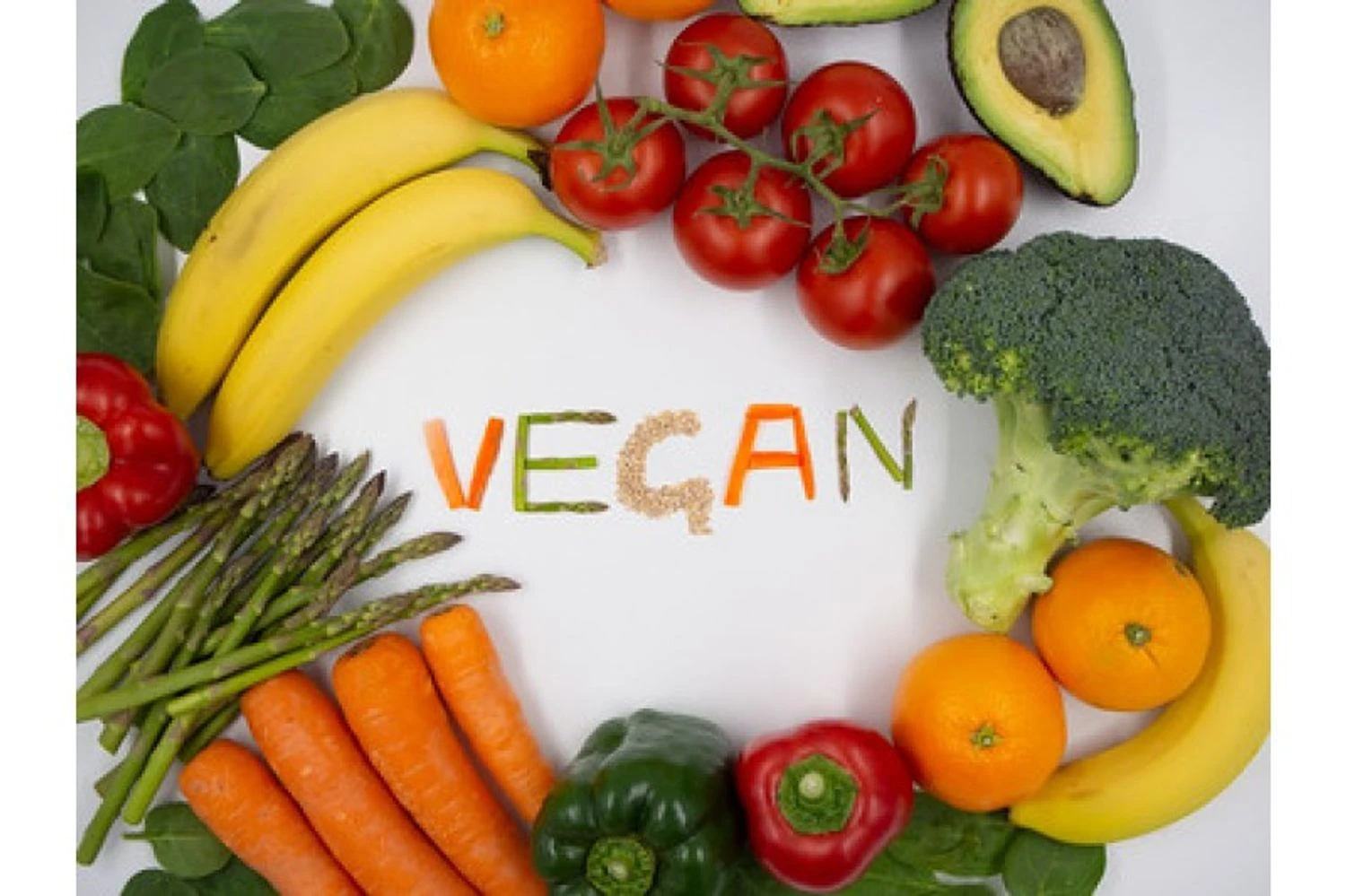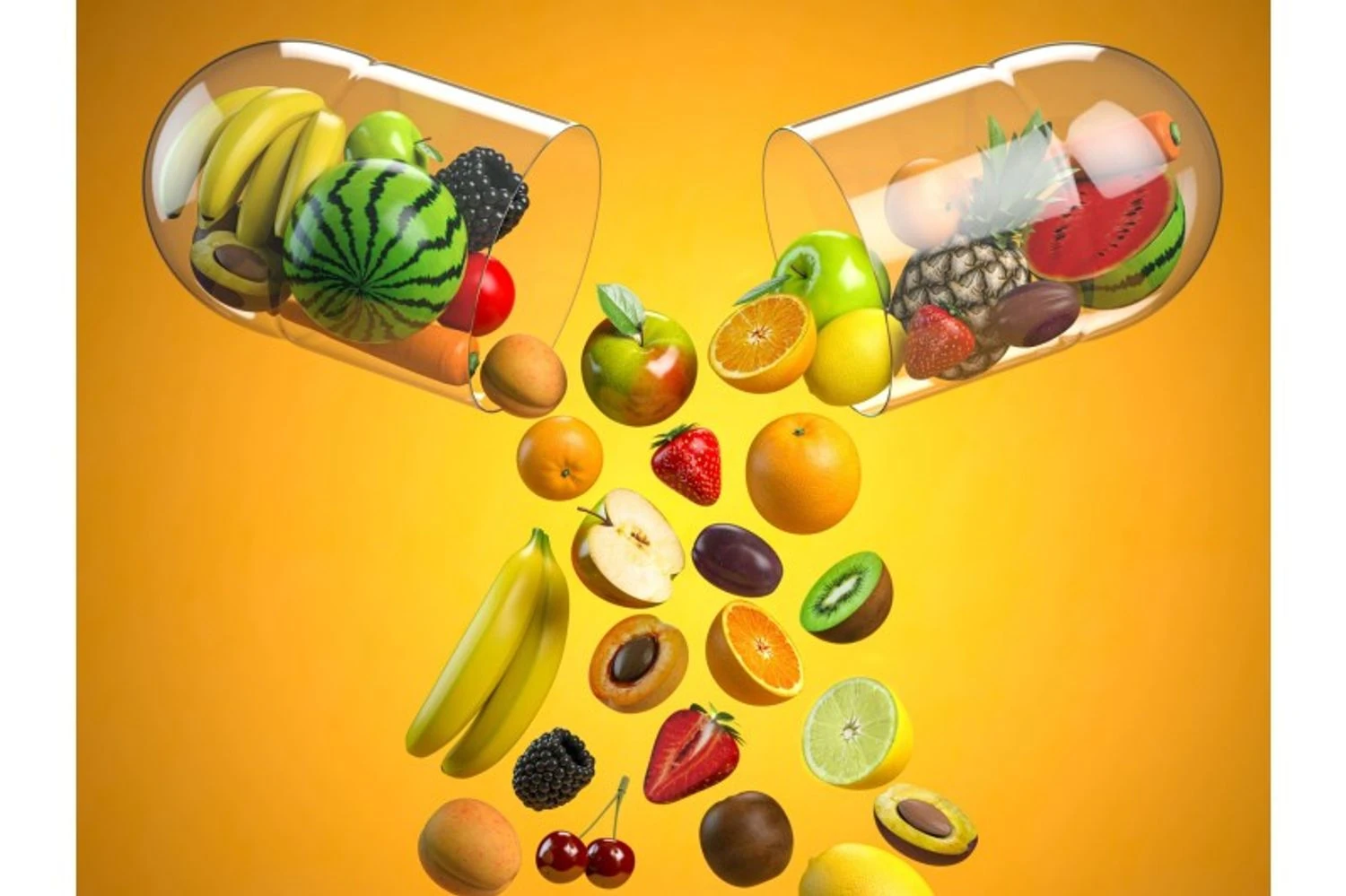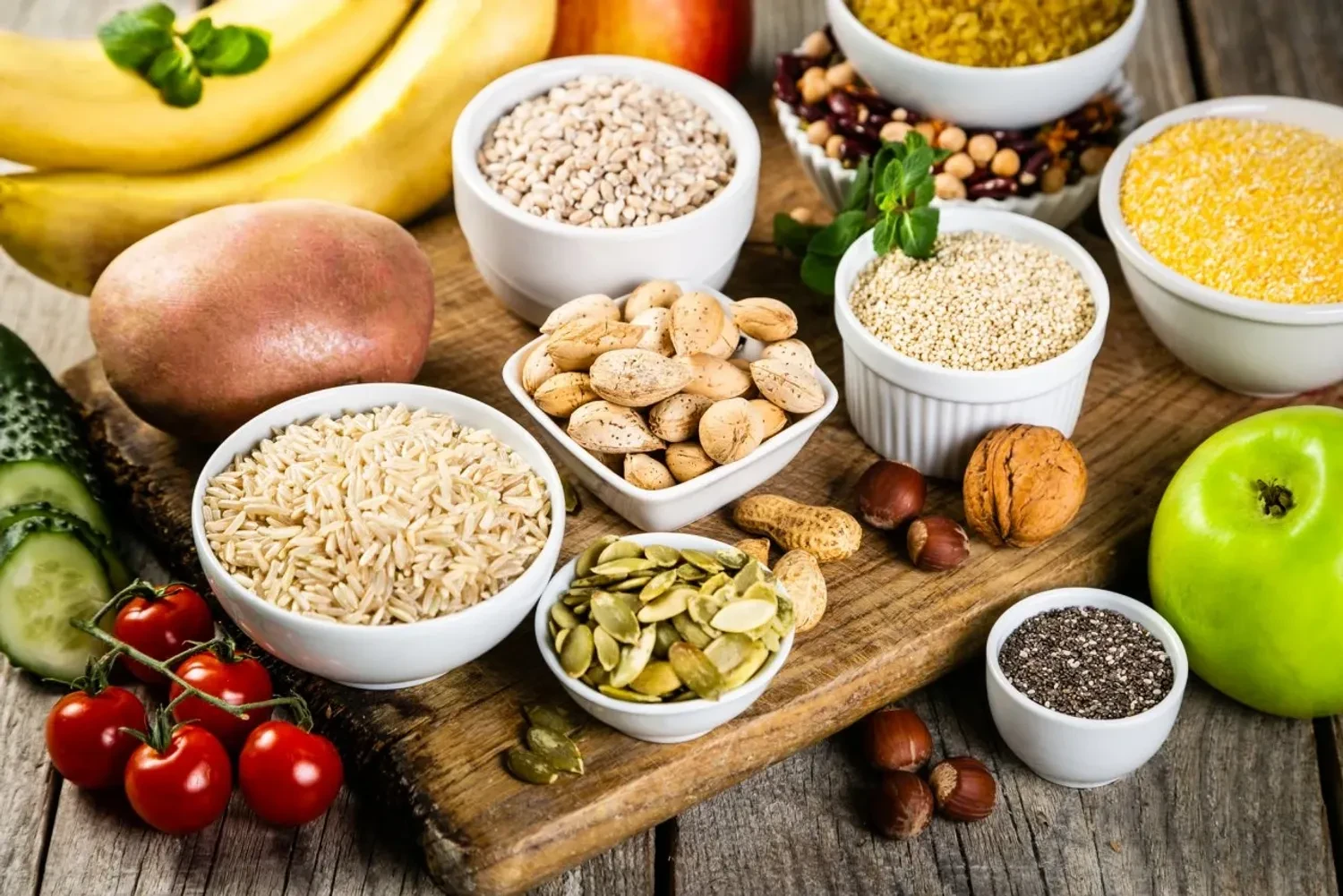From unn.ua
Dietitian Liudmyla Fedorchenko explained how to safely follow a vegan diet and prevent vitamin and mineral deficiencies. She emphasized the importance of regular tests and supplements to maintain the health of vegans
November 1st marks International Vegan Day. Veganism is gaining popularity among Ukrainians, but at the same time raises many questions about its benefits and potential health risks. Liudmyla Fedorchenko, a gastroenterologist-dietitian at the Dobrobut medical network, told UNN journalist how to safely follow a vegan diet and for whom such a lifestyle might not be suitable.
Types of veganism
According to the specialist, there are several types of veganism. Strict veganism involves a complete rejection of any animal products. But there are also milder options - for example, lacto-ovo-vegetarians consume dairy products and eggs. Some occasionally allow themselves fish. She emphasizes that veganism is not just a type of diet, but a philosophy of life. "The doctor at the appointment does not try to convince a person to return to the usual menu. Our task is to warn about risks, timely identify deficiencies and make corrections," the specialist notes.

What are the risks?
Let's say everything is enough, a person eats normally, but gets tired. Why does she get tired? Because there may be a deficiency of certain vitamins. After all, animal products contain things that plant products do not, or are very difficult to absorb.
Even with a balanced menu, deficiencies of certain vitamins and trace elements can occur. Fatigue, weakness, brittle nails, hair loss - these can be signs of a lack of iron, vitamin B12, omega-3 fatty acids, vitamin D, calcium, zinc, and selenium.

How to prevent deficiencies
To avoid health problems, the specialist advises regular blood tests every 3-6 months. "If a deficiency is detected, the doctor selects the necessary supplements. All necessary preparations exist now and are well absorbed. This way, you can maintain optimal levels of nutrients and prevent the development of diseases," she says.
At the same time, the expert admits that it is impossible to fully cover all the body's needs with only plant-based food, without using additional supplements. "Yes, plant products contain iron or protein, but their bioavailability is significantly lower. For example, iron from pumpkin is absorbed much worse than from meat," emphasizes Liudmyla Fedorchenko.
Typical mistakes of vegans and for whom such a diet is not suitable
The most common mistake is overly strict restrictions. "When the diet consists only of a large amount of plant fibre, bloating and abdominal discomfort may appear," explains the expert.
A vegan diet is strictly not recommended for pregnant women, children, and people with chronic diseases. Nutrition should be balanced in proteins, fats, and carbohydrates.

Signs that the body cannot tolerate the diet
Among the signals that the body is exhausted:
- constant weakness and exhaustion;
- brittle nails;
- hair loss;
- worsening skin condition
Main advice from the dietitian
If you decide to switch to veganism, prepare in advance: get tested, and then gradually adapt your diet. After a few months, repeat the examination and, if necessary, take the recommended supplements. This way, the transition will be safe and conscious.
No comments:
Post a Comment